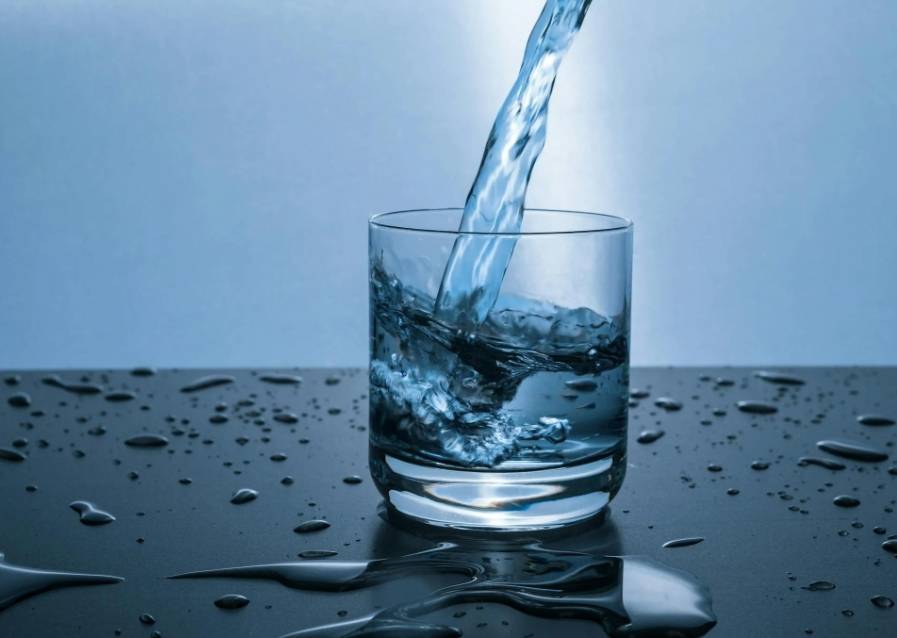We all know that drinking enough water is important for staying healthy, but did you know that drinking too much water can actually be bad for you? It might sound surprising, but overhydration can cause serious health problems, especially if you don’t pay attention to the signs your body is giving you. Let’s take a look at why drinking too much water can be harmful, how to recognize if you’re overdoing it, and how to stay properly hydrated without going too far.
When you drink too much water, it can lead to a condition called hyponatremia. This happens when the amount of sodium (a type of salt) in your blood becomes too low. Sodium is very important because it helps control the amount of water in your cells and bloodstream. When you drink more water than your kidneys can handle, your body can get “waterlogged.†This can cause cells to swell and result in a dangerous drop in sodium levels.
While hyponatremia is rare, it can happen, especially in people who are doing intense exercise or endurance sports. For example, long-distance runners or athletes who sweat a lot may be at risk. If you only drink plain water and don't replace the important electrolytes (like sodium and potassium) that you lose while sweating, your body can struggle to maintain the right balance.
So, how do you know if you’ve had too much water? There are some signs that can help you figure it out. One of the most obvious is the color of your urine. If you’re peeing a lot and your urine is very clear, it’s a sign you may be drinking too much. Normally, urine should be a pale yellow color. If it's consistently clear, it could mean that your body is flushing out more water than it needs. This can also lead to frequent trips to the bathroom, which can be annoying and inconvenient.
Another sign that you might be drinking too much water is feeling bloated or nauseous. When you drink more water than your kidneys can process, your body tries to store it in your cells. This can make you feel puffed up and uncomfortable. A full stomach of water can also make you feel queasy. If you notice these symptoms after drinking water, it might be time to slow down and give your body a chance to catch up.
Headaches and brain fog are other signs that you might be drinking too much. When your cells swell from excess water, it can increase pressure on your brain, leading to a headache. In some cases, you might feel a bit foggy or confused, like you can’t think clearly. If you experience these symptoms, it’s a good idea to cut back on your water intake and pay attention to how your body feels.
Now that you know the signs of drinking too much water, you might be wondering, “How much water should I be drinking?†There’s no one-size-fits-all answer, but experts recommend that men drink around 3.7 liters (about 15 cups) of water per day, and women drink about 2.7 liters (around 11 cups). However, your water needs can change depending on factors like how active you are, the weather, and what you eat.
For example, if you live in a hot climate or you’re working out a lot, you may need to drink more water to stay hydrated. On the other hand, if you're eating foods that contain a lot of water, like fruits and vegetables, you may not need as much extra water. Some foods, like soups, smoothies, and even foods that melt, like Jell-O, can also help keep you hydrated.
It’s also important to remember that hydration doesn’t only come from water. Other drinks like tea, coffee, and even milk can help you stay hydrated too. However, some drinks, like soda, energy drinks, and alcohol, don’t count toward your hydration needs. In fact, alcohol and highly caffeinated drinks can actually make you more dehydrated by causing your body to lose more water than you’re taking in.
If you’re worried about whether you’re drinking enough water, one simple way to check is by looking at the color of your urine. If it’s pale yellow, you're doing great. If it’s darker, you may need to drink more. If it’s clear all the time, you might be overhydrating. Keep in mind that the color of your urine can also be affected by certain foods or vitamins, so it’s important to listen to your body as well.
The key takeaway is that while staying hydrated is important, it’s also important not to go overboard. Drinking the right amount of water for your body and your activity level is essential for staying healthy, but drinking too much water can be harmful. Pay attention to the signs your body gives you, and adjust your water intake accordingly. That way, you’ll stay hydrated without overdoing it.
In conclusion, water is essential for good health, but like most things, it’s all about balance. Drinking just the right amount helps you stay energized, focused, and healthy. By following the simple tips above and listening to your body, you can make sure you’re staying properly hydrated without going overboard. So, the next time you reach for that water bottle, remember that moderation is key to staying healthy and feeling your best!



No comments yet
Be the first to share your thoughts!